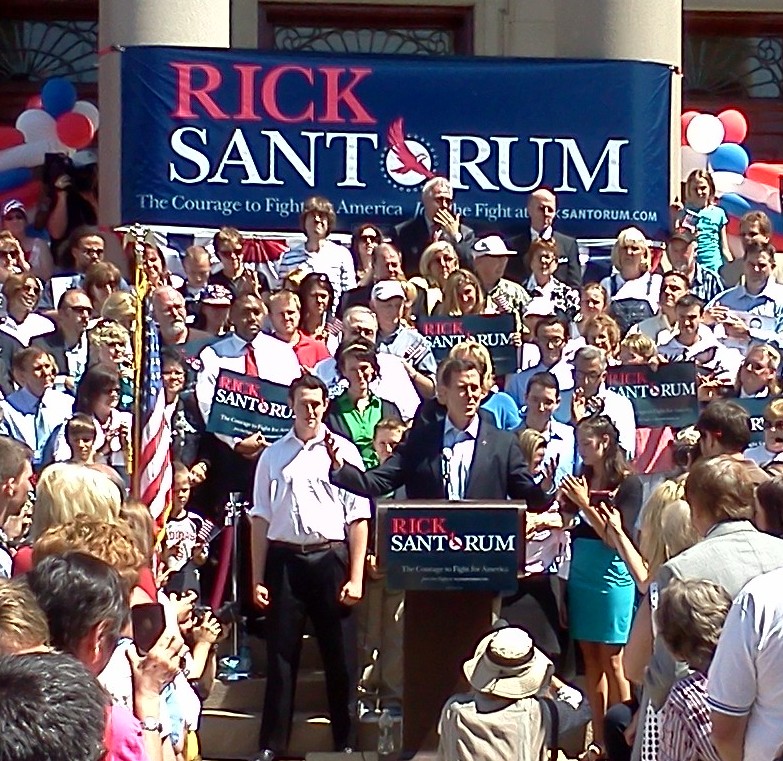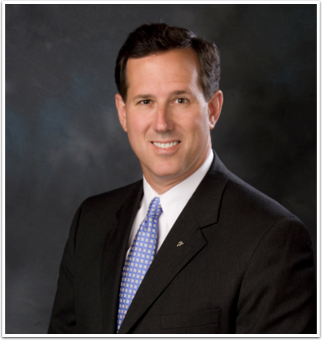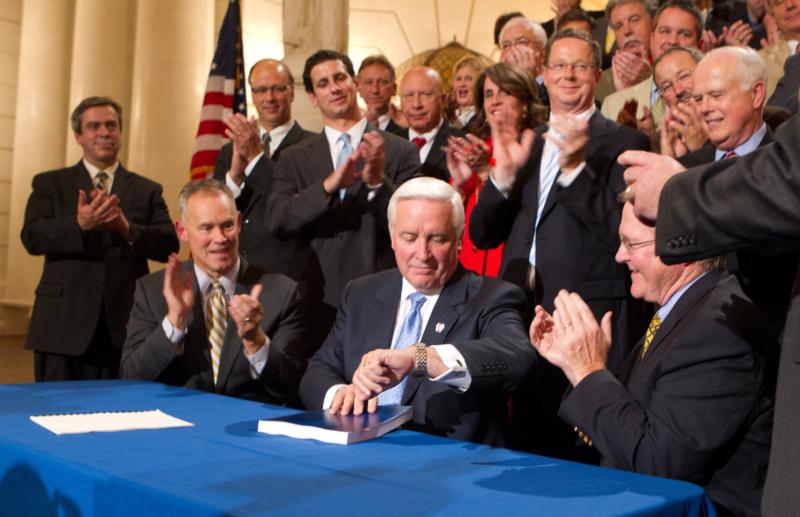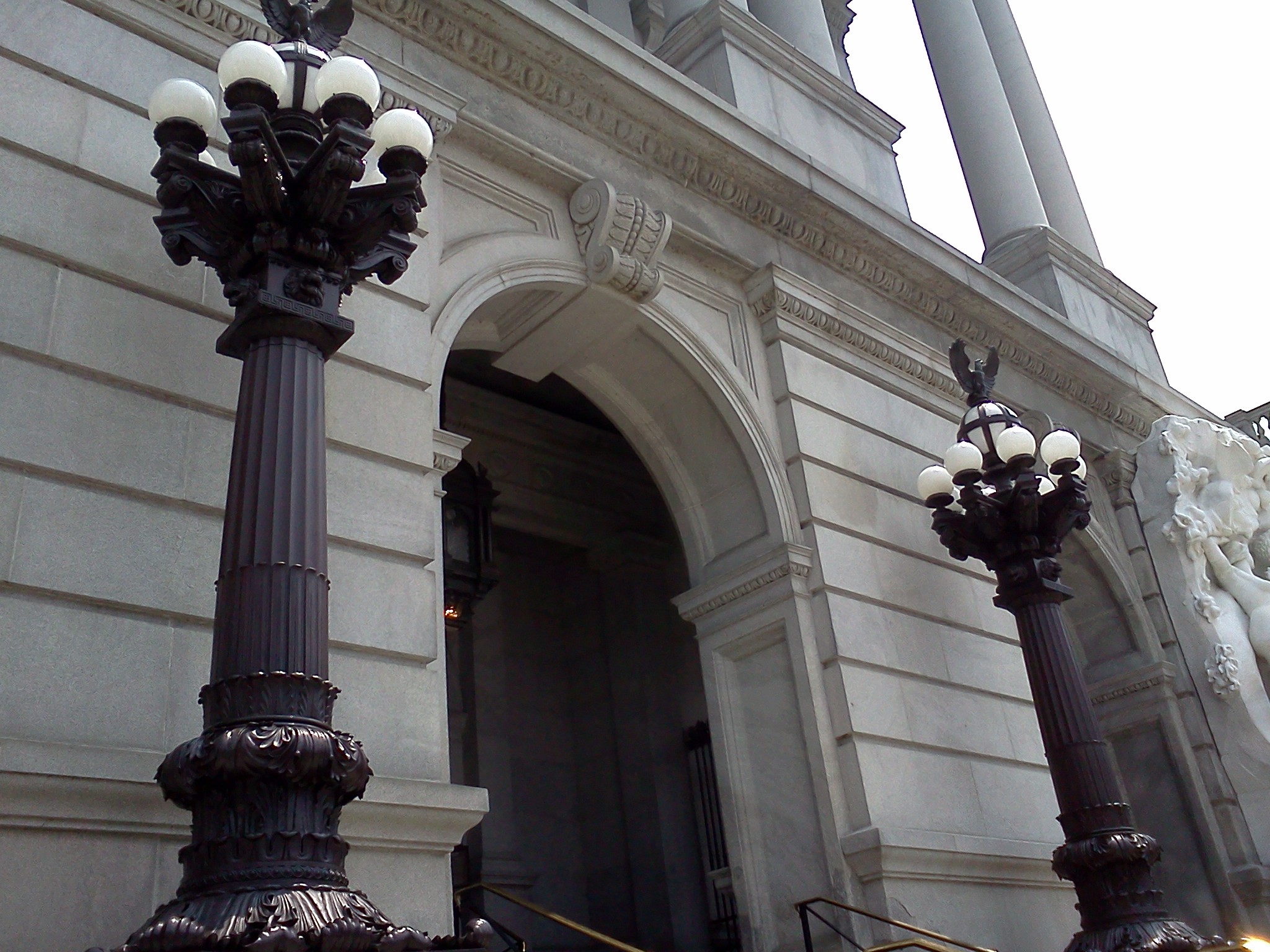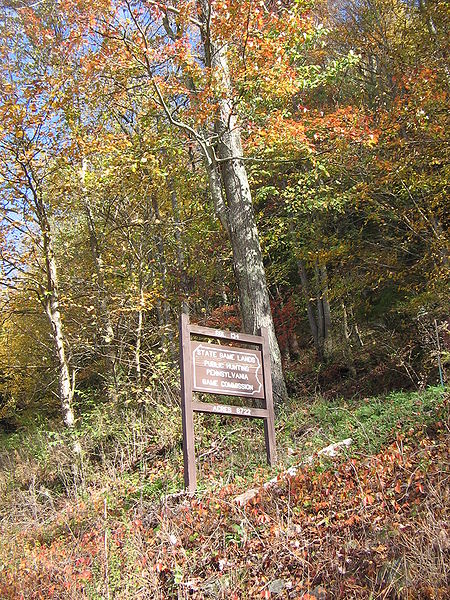Officials Highlight Pool Safety with Swimming Season in Full Swing
Pennsylvania ranks 5th in the country for drownings and near drownings and officials are emphasizing pool safety this summer. In late June, two toddlers died after drowning incidents in the state.
Connie Harvey, American Red Cross Aquatics Manager, says preventing drownings in home pools involves layers of protection from fencing around the pool to door and gate alarms. She says people should add as many steps as possible.
Harvey says it begins with constant, active supervision whenever children are in, or around the water. She says adults should never leave them unattended, even for a minute.
Harvey believes children should be taught the rules of the pool as young as possible. She says make certain they understand they should never ever go around the water unless they’ve been given permission by a parent or adult and they are being supervised.
Harvey says the rules are the same for portable quick set pools as other swimming pools. Unless they’re emptied after each use, they should be enclosed in a fence and ladders should be removed when not in use.
You also need to make sure you’re not leaving items around the pool that could attract children when you’re done swimming for the day. Harvey says remove all of the pool toys from the gated, fenced area so they do not draw a child in. She says make sure there’s nothing near the pool or the fence that children could easily climb to gain access to the pool.
Harvey says families with small children may want to add alarms to their pool security system. She says door alarms, gate alarms and water surface alarms can alert people if a child is leaving the house and heading for the pool.
Harvey says children of all ages should be kept away from pool drains, pipes, fittings and other openings to prevent entrapment that could occur.
Harvey says everyone should be taught water safety and should know how to swim. She says that means having good skills to handle themselves in the situation they’re in, whether they’re swimming in a pool, river, lake or the ocean.
To learn more about swimming pool safety, go to www.poolsafely.gov.






